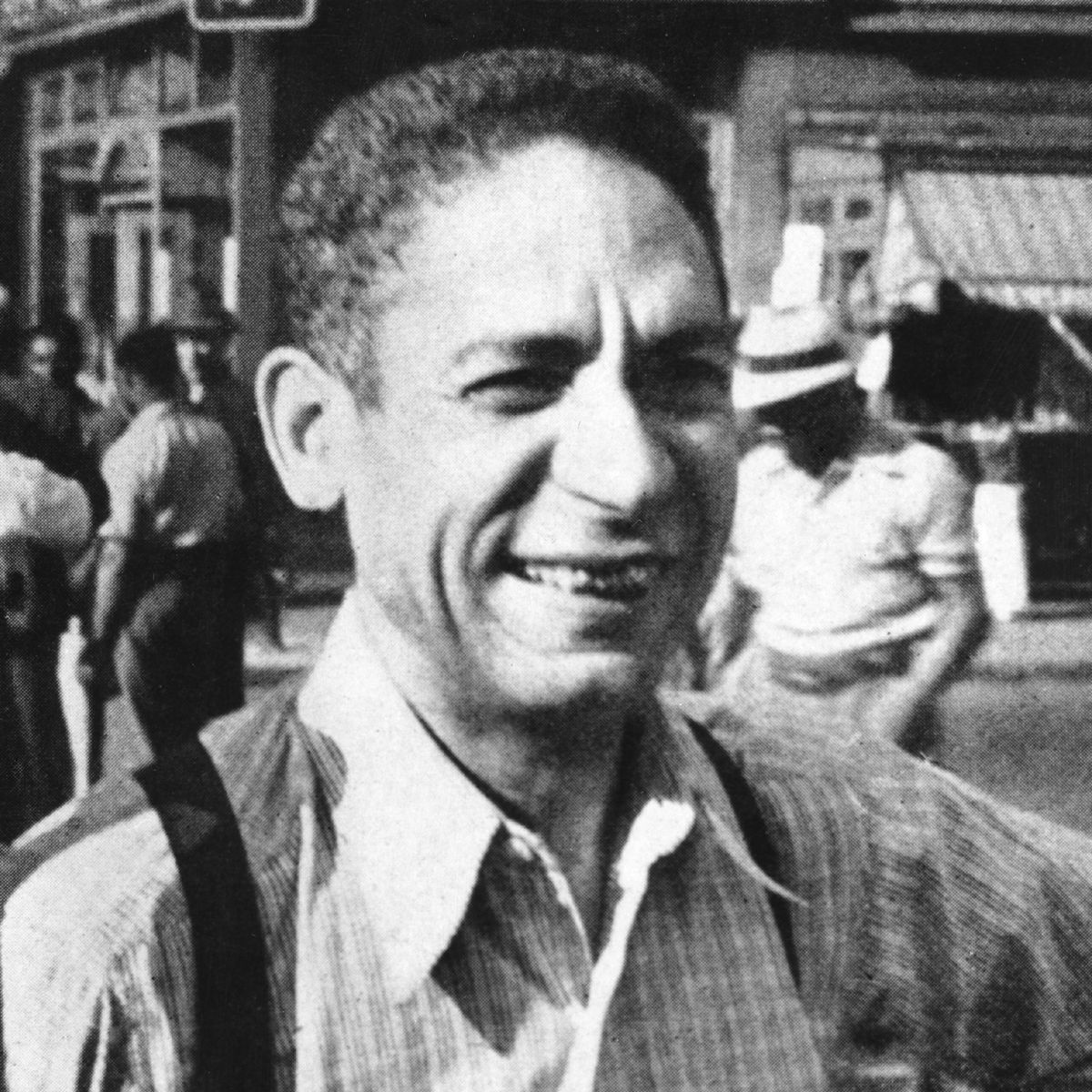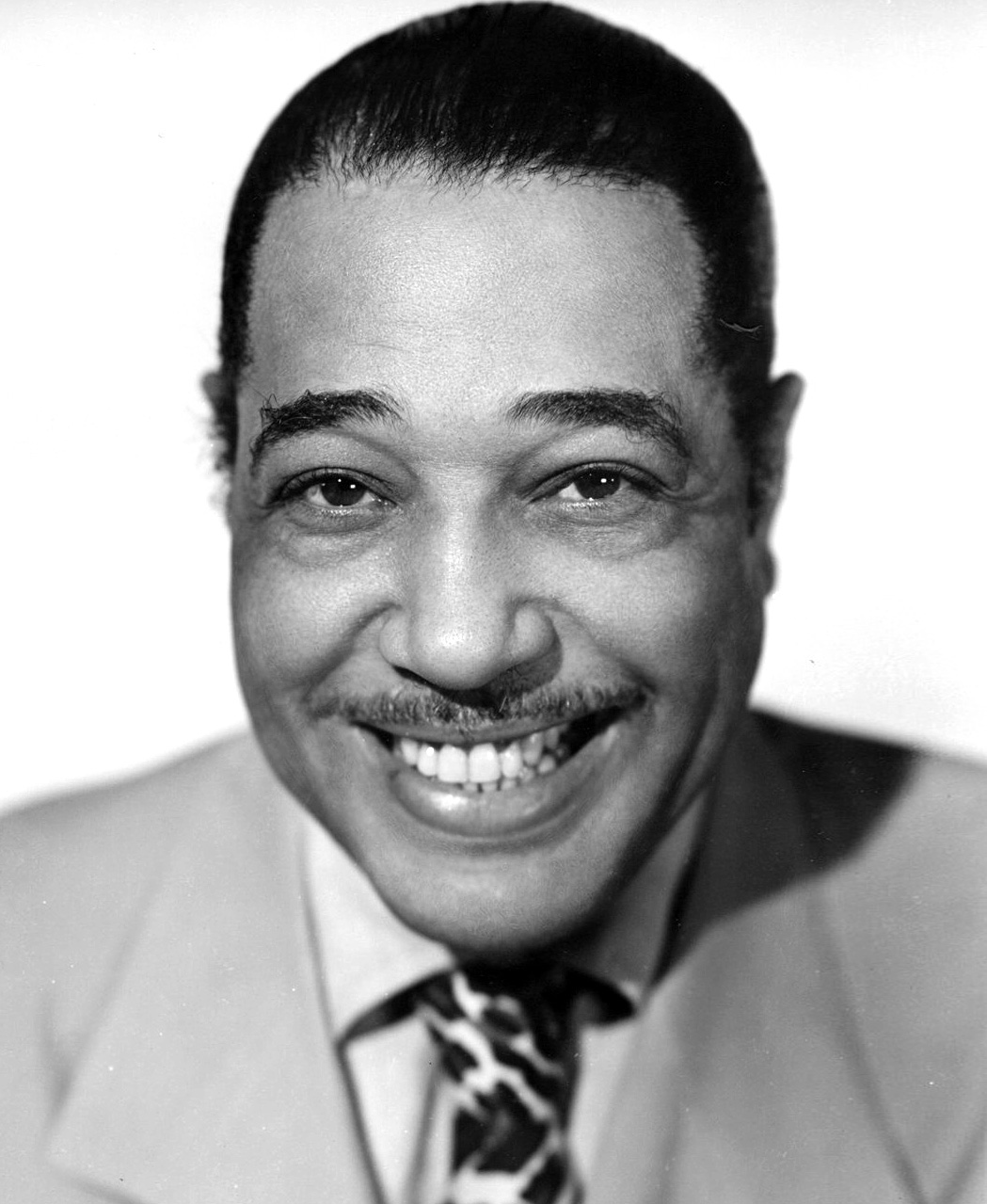What is Ragtime?
Ragtime is a genre of music that originated in the United States around the end of the 19th century and the beginning of the 20th century. It is characterized by its syncopated rhythm, which gives the music a lively, bouncy feel. Ragtime music typically features a steady left-hand bass pattern, with the right hand playing a syncopated melody that is often complex and virtuosic. Ragtime was popularized by African American musicians, and it quickly spread throughout the country, becoming one of the most popular styles of music in the early 20th century. It influenced many other genres of music, including jazz, blues, and swing, and its influence can still be heard in modern music today. Some of the most famous ragtime composers and performers include Scott Joplin, Jelly Roll Morton, and James Scott. Ragtime music was often performed in bars, dance halls, and other social settings, and it was often associated with a lively, carefree lifestyle. Today, ragtime music is still enjoyed by many people around the world, and it remains an important part of American musical history.
Jelly Roll Morton

Jelly Roll Morton (1890-1941), also known as Ferdinand Joseph LaMothe, was an American pianist, composer, and bandleader who was a key figure in the development of jazz music. He was born in New Orleans, Louisiana, and grew up in a musical family. Morton started his musical career as a pianist in the red-light district of New Orleans, where he gained experience playing in brothels and dance halls. Morton was a pioneer of jazz music, and he is credited with being one of the first musicians to write down and publish jazz compositions. He blended elements of ragtime, blues, and Latin music to create a unique sound that was influential in the development of jazz. In addition to his work as a pianist and composer, Morton was also a bandleader. He formed his first band, the Red Hot Peppers, in 1923, and they became one of the most popular jazz bands of the 1920s. Morton's contributions to jazz music have been widely recognized, and he was inducted into the Rock and Roll Hall of Fame in 1998. Some of his most famous compositions include "Jelly Roll Blues," "King Porter Stomp," and "The Crave."
What is Jazz?
Jazz is a genre of music that originated in the United States at the turn of the 20th century. It is characterized by its improvisation, syncopated rhythms, and complex harmony. Jazz music incorporates elements from a variety of musical traditions, including African rhythms, European harmonies, and American popular music. Jazz emerged in the late 19th and early 20th centuries in African American communities in New Orleans, Louisiana. It was heavily influenced by ragtime music, blues, and brass band music, and it quickly spread throughout the country, becoming one of the most popular forms of music in the early 20th century. Jazz music has evolved and diversified over the years, with many different sub-genres and styles emerging. Some of the most well-known sub-genres of jazz include swing, bebop, cool jazz, and fusion. Jazz has also influenced many other genres of music, including rock, hip hop, and electronic music. Jazz has been an important part of American cultural history, and it has played a significant role in the civil rights movement. Many of the most famous jazz musicians, such as Louis Armstrong, Duke Ellington, and Charlie Parker, have become cultural icons, and their music continues to be enjoyed by people all around the world.
Duke Ellington


